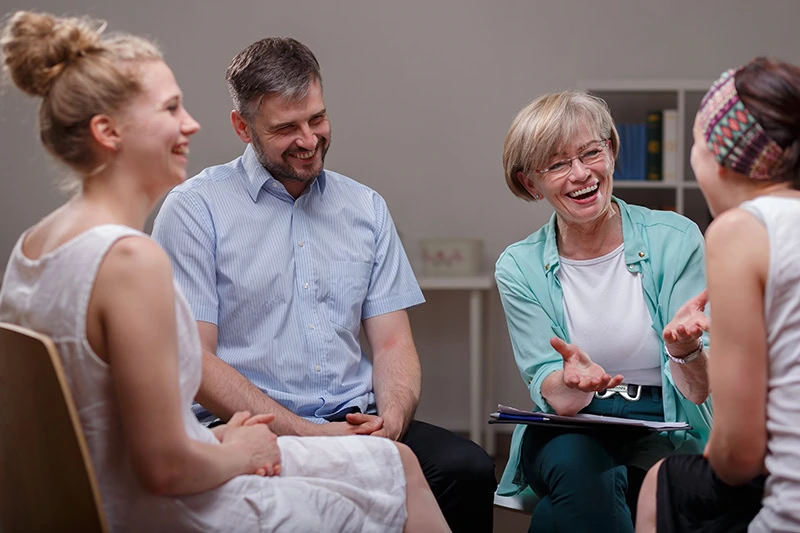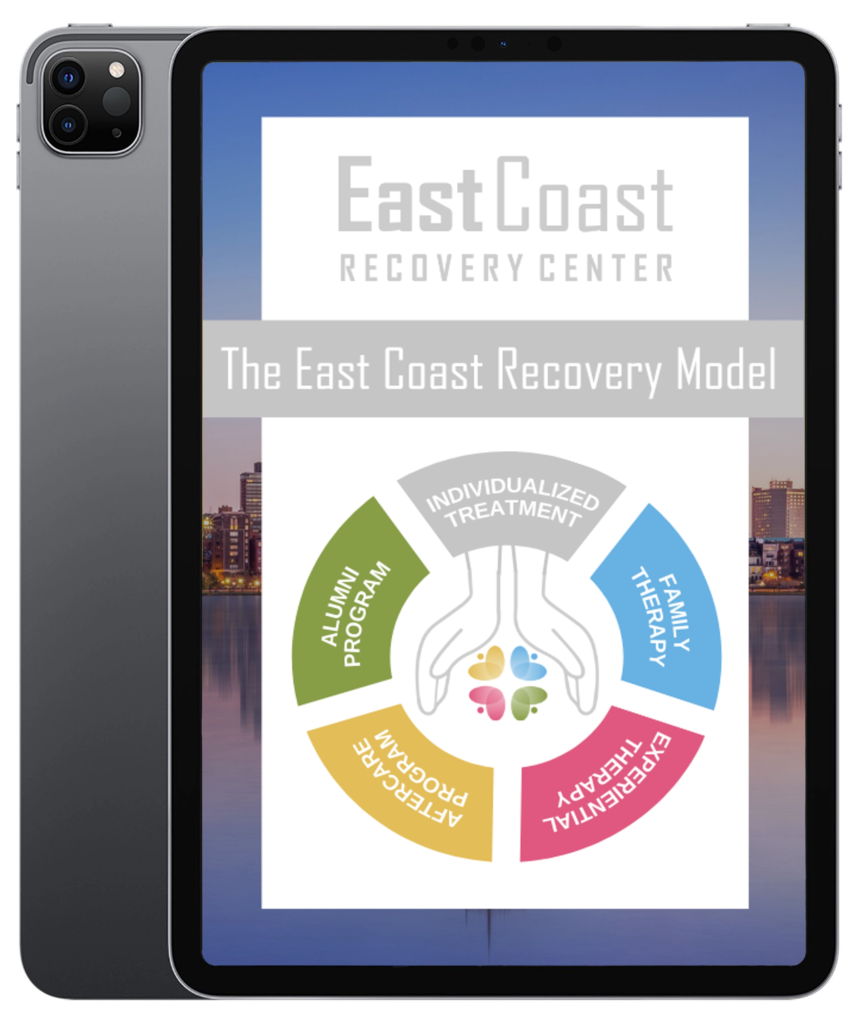
Commuter-rail access, spacious parks like Millennium Park, and a family-oriented spirit draw many who want the benefits of Boston without downtown bustle. ECRS mirrors that balance: structured clinical care by day, space to reconnect with loved ones each evening. Clients can finish a therapy group, then still make a Little League game or family dinner back in West Roxbury.
These levels let you “step down” as stability grows, matching the National Institute on Drug Abuse (NIDA) principle that no single treatment fits everyone.
Friday beach groups, sober cookouts, and volunteer days weave real-world joy into therapy. Research shows social support predicts longer retention and lower relapse rates. In practice, that means clients bond over ocean air, then ride ECRS’s evening shuttle to a West Roxbury 12-step meeting—building networks that last long after discharge.

Think of Day Treatment as the treatment world’s day school: rigorous, immersive, yet home in time for dinner. Clients six hours of evidence-based therapy—CBT, trauma work, mindfulness—plus medication management when needed. They practice coping skills during real evenings in West Roxbury, then process wins and setbacks the next morning. For many, Day Treatment offers the structure of inpatient care without the isolation.
Clients can transition from a higher level of care down to our Partial Day Treatment program: three group sessions and one individual slot weekly. The schedule frees time for part-time work and other obligations. Clients are still surrounded by peers and clinicians, but the training wheels loosen—a vital rehearsal for independent living.
Graduation isn’t goodbye; it’s a baton pass. Weekly outpatient therapy, virtual check-ins, and alumni barbecues keep motivation high. Research shows continuing care boosts long-term abstinence, which is why ECRS treats aftercare as non-negotiable.
Half of people with SUD face co-occurring mental-health conditions. ECRS integrates psychiatric care and therapy from day one, echoing NIDA’s mandate that effective treatment “attends to multiple needs of the individual.”
For opioid use disorder, FDA-approved medications such as buprenorphine or methadone cut overdose death risk by thirty-eight to fifty-nine percent when paired with counseling.(nih.gov) For alcohol use disorder, options like naltrexone or acamprosate follow the same science-plus-support model.
East Coast Recovery clinicians spend time demystifying MAT for families. When combined with cognitive-behavioral and trauma-informed therapies, MAT becomes the stabilizing keystone of holistic care.
Recovery is personal. East Coast Recovery offers:
Beyond gender, you can layer therapies—art, experiential, mindfulness, family counseling—until the treatment plan feels uniquely yours. Weekly multidisciplinary meetings ensure plans evolve as you do.
East Coast Recovery keeps the calendar full: seasonal hikes, holiday potlucks, volunteer projects. Clinicians coordinate with therapists and medication prescribers near West Roxbury, ensuring continuity. Recovery is no longer a checkpoint; it’s a lifestyle you live—supported, purposeful, and rooted in community.
If addiction is rewriting your story, let East Coast Recovery Services help you draft a new chapter. Our admissions team offers free consultations and fast insurance verification so finances never overshadow survival. Call or submit a form—our specialists will guide you to the treatment pathway that fits your life in West Roxbury.
Your next sunrise can feel hopeful, not haunting. Reach out, reclaim your life, and rediscover the neighborhood you love with fresh eyes and a clear mind.

East Coast Recovery’s Cohasset campus sits roughly twenty-five miles southeast of West Roxbury—about a forty-minute drive outside peak traffic. Many clients commute daily for treatment, while others choose nearby sober-living homes for added structure. Evening transportation means you can still attend West Roxbury meetings and family events while in treatment.
Dual-diagnosis clients receive integrated care: psychiatric evaluations, medication management (for conditions such as depression or anxiety), and evidence-based therapies like CBT or DBT delivered by master’s-level clinicians. All levels of care include weekly individual sessions plus psychoeducation aimed at managing mental health alongside substance recovery.
Most commercial plans cover all or part of outpatient services. East Coast Recovery handles pre-authorizations and provides a transparent cost breakdown. If gaps exist, financial counselors can discuss payment plans or alternative funding so treatment remains accessible.

Download Our FREE East Coast Recovery Model eBook
FREE Insurance Verification










Helping Those Struggling With Addiction Achieve SUCCESS